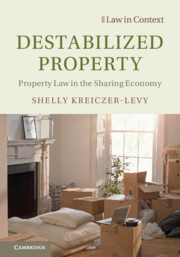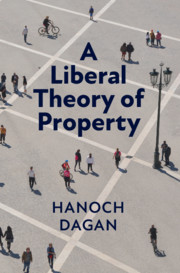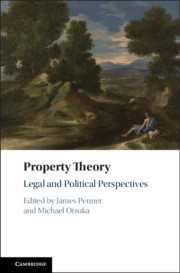Destabilized Property
The sharing economy challenges contemporary property law. Does the rise of access render our conception of property obsolete? What are the normative and theoretical implications of choosing casual short-term use of property over stable use? What are the relational and social complications of blurring the line between personal and commercial use of property? The book develops a novel conceptualization of property in the age of the sharing economy. It argues that the sharing economy pushes for a mobile and flexible vision of engaging with possessions and, as a result, with other people. Property's role as a source of permanence and a facilitator of stable, long-term relationships is gradually decreasing in importance. The book offers a broad theoretical and normative framework for understanding the changing landscape of property, provides an institutional analysis of the phenomenon, discusses the social, communal, and relational implications of these changes, and offers guidelines for law reform.
- Provides a theory of the impact of the sharing economy on property law and a theoretical account of the changing landscape of property
- Offers a normative legal account of the sharing economy impact on property law and provides recommendations for law reform, including platform accountability, regulation of the sharing economy and reforms to antidiscrimination laws
- Discusses changing consumption patterns, and the preference of access over ownership in property law and analyses the social, communal and relational implications of the changing landscape of property, due to the rise of access
Product details
November 2019Adobe eBook Reader
9781108643566
0 pages
This ISBN is for an eBook version which is distributed on our behalf by a third party.
Table of Contents
- Acknowledgments
- 1. Introduction
- 2. Stability and property use
- 3. The decline of stability in the new millennium
- 4. The rise of the access economy
- 5. Access as an alternative to ownership
- 6. Fragmentation of intimate property
- 7. Evaluating flexibility in property use
- 8. What's next? The future of the access economy
- 9. Conclusion.








